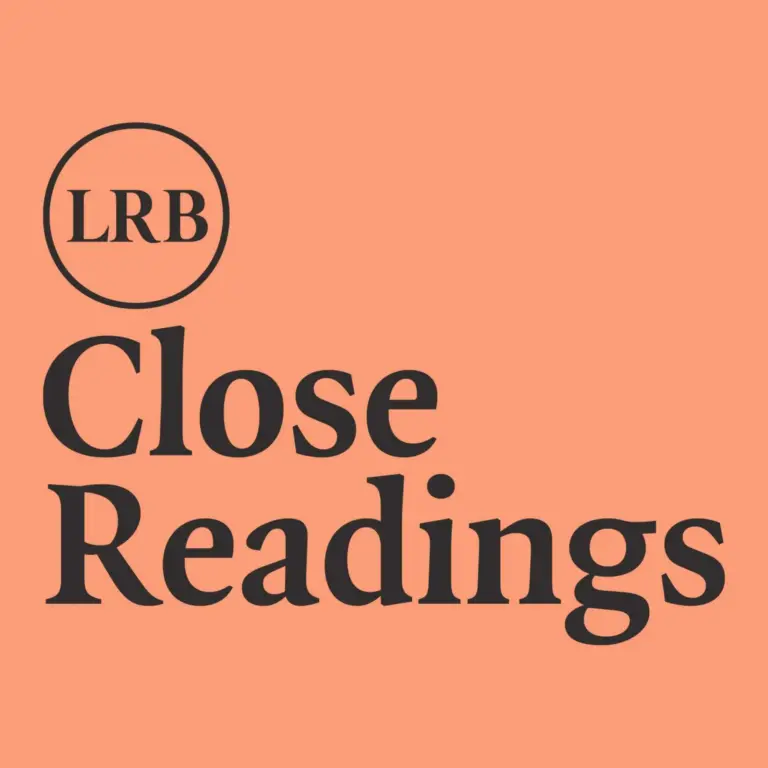
In The Beggar’s Opera we enter a society turned upside down, where private vices are seen as public virtues, and the best way to survive is to assume the worst of everyone. The only force that can subvert this state of affairs is romantic love – an affection, we discover, that satire finds hard to cope with. John Gay’s 1727 smash hit ‘opera’, which ran for 62 performances in its first run, put the highwaymen, criminal gangs and politicians of the day up on stage, and offered audiences a tuneful but unnerving reflection of their own corruption and mortality. Clare and Colin discuss how this satire on the age of Walpole came about, what it did for its struggling author, and why it’s an infinitely elusive, strangely modernist work.
This is an extract from the episode. To listen in full, and to all our other Close Readings series, sign up:
Directly in Apple Podcasts: https://apple.co/3pJoFPq
In other podcast apps: lrb.me/closereadings
Colin Burrow and Clare Bucknell are both fellows of All Souls College, Oxford.
Get in touch: [email protected]
Hosted on Acast. See acast.com/privacy for more information.